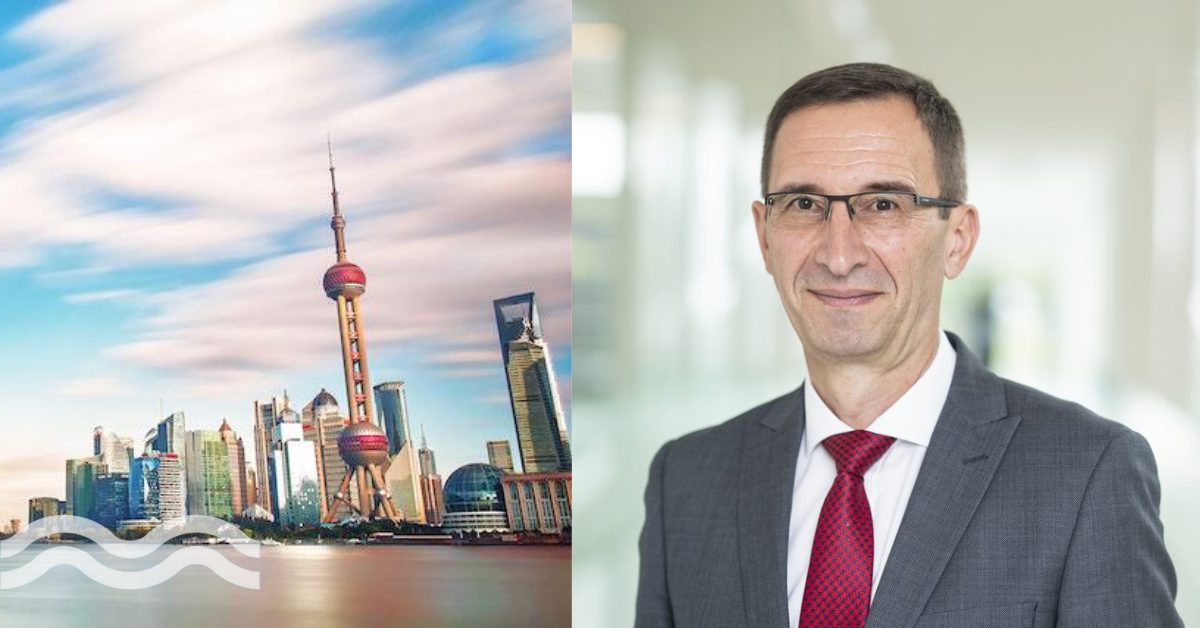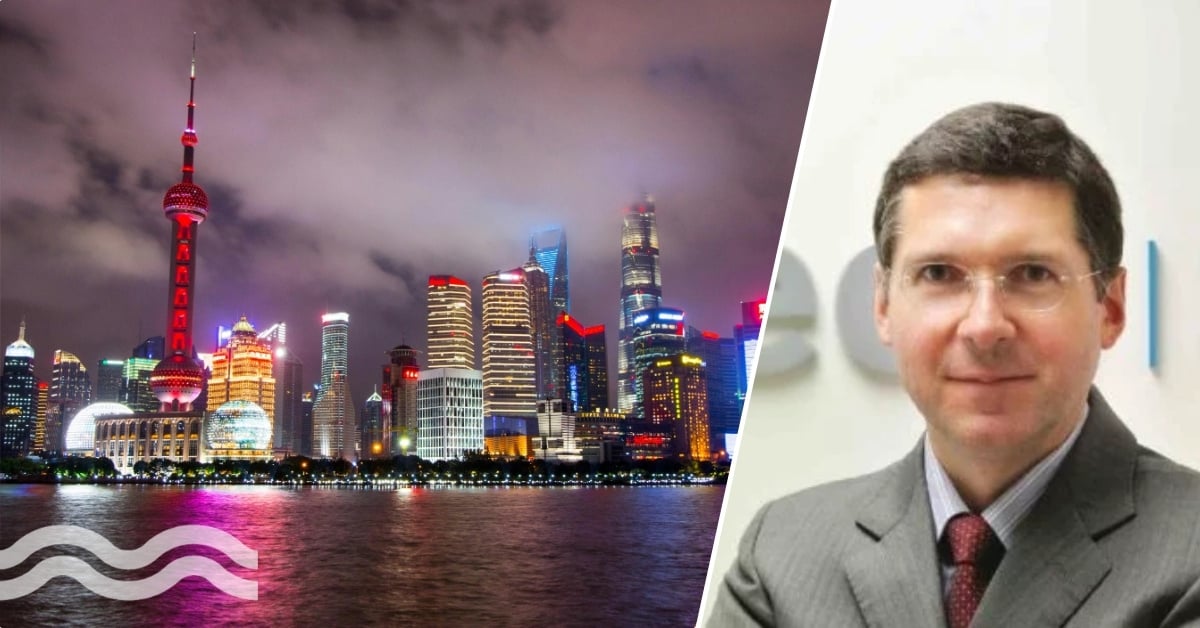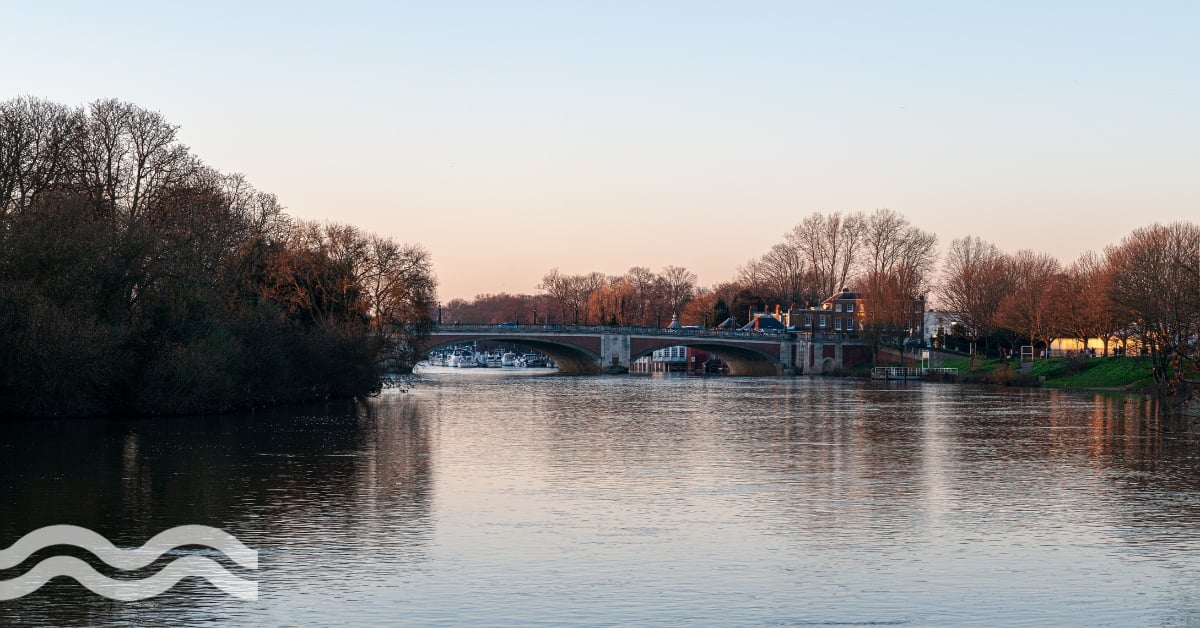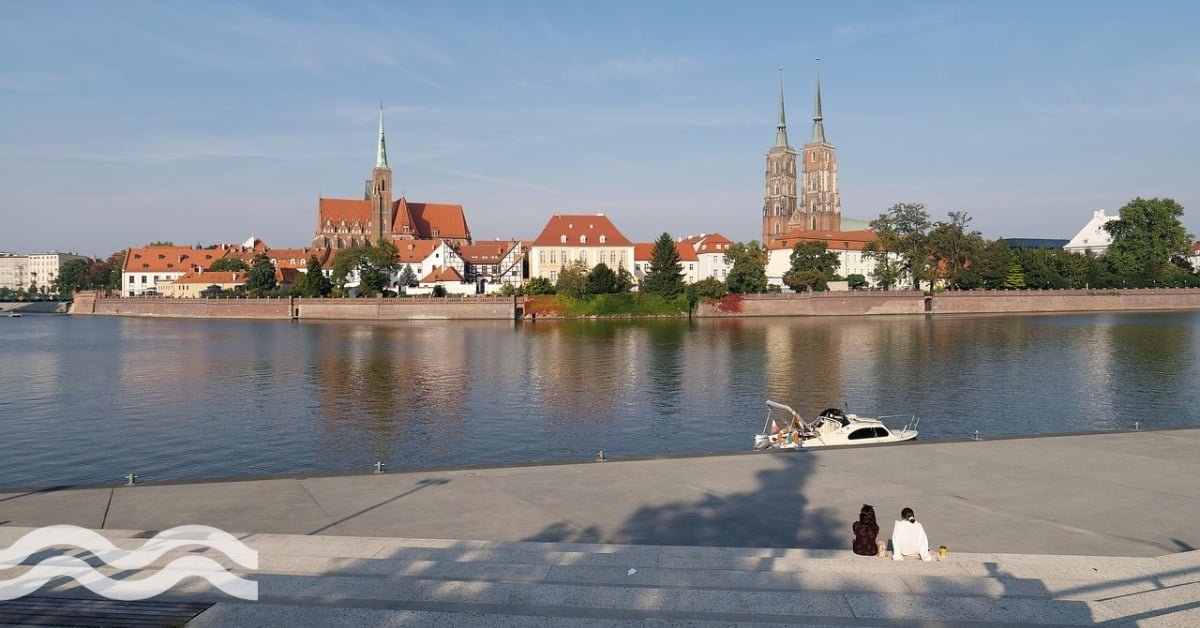Speaking to Aquatech Online, Professor Dragan Savić says: “There are many scientific connections between China, the Netherlands, and Europe, primarily due to their common interest in water and the various water challenges they face.
“Both China and the Netherlands have experienced water-related issues due to climate change, such as drought in the Netherlands since 2018 and the stark contrast between the dry north and wet south in China.
“China has undertaken several large water projects, while the Netherlands is renowned for its expertise in coastal defense.”
Bilateral collaboration
The essence of the bilateral cooperation between China and the Netherlands lies in the principle that "small is beautiful". Through this approach, the two countries engage in twinning, working together in areas facing similar water-related challenges.
Notably, they have focused on managing and maintaining dikes, crucial for flood protection in both regions. The exchange of experts has proven beneficial to both nations, enriching their water management practices and fostering a culture of continuous learning.
The China Europe Water Platform represents a powerful extension of the collaboration, where EU countries, the European Commission, and China join forces to generate more substantial support and impact on a larger scale.
Within the Platform, the Netherlands takes the lead on ‘Water and Urbanisation’, focusing on enhancing water resilience in urban environments. This theme encompasses water management, urban planning, and liveability all with a strong emphasis on climate adaptation.
Professor Savić adds: “Collaborating with Chinese colleagues from scientific institutions and universities, the two countries have worked on numerous projects related to digitising the water sector, optimising water system design and adopting a systemic approach to managing water resources.
“In response to their water needs, China has implemented a large-scale scheme to transfer water from the south to the north, where the manufacturing industry is prominent and requires significant water resources for production.”
The China Europe co-operation on Sponge Cities
One exemplary project under the ‘Water and Urbanisation’ focus is the China Europe Cooperation on Sponge Cities. This initiative delivered valuable policy recommendations last year, showcasing the added value of Chinese-European cooperation. As urban areas confront the challenges of climate change, extreme weather, flooding, and subsidence, the partnership's strength lies in the exchange of knowledge and the application of best practices in spatial design.
As the Netherlands faces population growth, the need to build nearly a million new homes in the coming years has elevated the importance of sustainable urban planning. Projects like Sponge Cities facilitate the joint acquisition of knowledge, allowing practical application in line with the recommendations proposed.
Building on the partnership
The 30-year collaboration between the Netherlands and China in water management showcases the power of international partnerships in finding sustainable solutions to shared problems. From capacity building to an equal partnership, the journey has been marked by continuous learning, innovation, and a focus on building resilient cities.
Both nations have experienced the impact of climate change on their water resources, with the Netherlands facing droughts and China grappling with regional disparities in water availability. However, through their bilateral cooperation, they have harnessed their respective strengths to tackle these challenges head-on.



